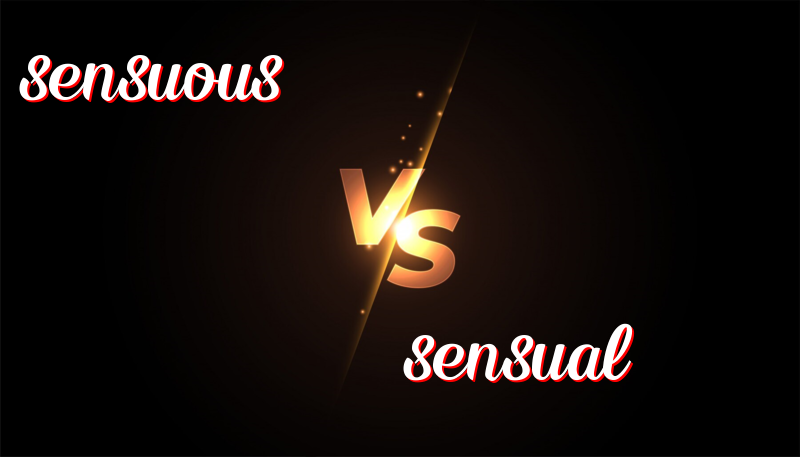英語單詞Sensuous 與 Sensual的區別
December 27, 2024
感官(Sensuous)與感性(Sensual)之間的差異
在學習英語的過程中,了解一些細微的詞彙差異是非常重要的。感官(sensuous)與感性(sensual)這兩個詞是典型的例子。這兩個詞雖然看似相似,但實際上有著不同的意義和用法。
歷史背景
“Sensuous”一詞源自17世紀,是由英國著名詩人約翰·彌爾頓(John Milton)所創造,用來描述能夠引起感官享受的事物。“Sensual”則來自於拉丁語中的“sensualis”,意味著與感官相關,通常指的是能夠引發或刺激感官愉悅的欲望。
用法
“Sensuous”通常用來描述與感官刺激相關的愉悅或美麗,例如音樂、藝術或自然風景。而“Sensual”更多是用來形容可能引發或與肉體欲望相關的事物或行為。這裡有一些實例可以幫助區分它們的用法:
例句:Sensuous
- His sensuous voice captivated the entire audience.
他的悅耳嗓音吸引了整個觀眾。 - The sensuous aroma of fresh flowers filled the air.
新鮮花朵的香氣充滿了空氣。 - She wore a dress made of sensuous silk.
她穿了一件由柔滑絲綢製成的裙子。 - The painting’s sensuous colors were mesmerizing.
這幅畫的色彩迷人。 - We spent the afternoon enjoying the sensuous landscape of the vineyard.
我們在葡萄園享受迷人的風景。
例句:Sensual
- The novel’s sensual description of romance intrigued many readers.
小說對浪漫的感性描述吸引了許多讀者。 - The dancer’s movements were both graceful and sensual.
舞者的動作優雅且感性。 - The perfume had a sensual fragrance that was hard to forget.
這款香水有一種難以忘懷的感性香味。 - The movie featured several sensual scenes that were tastefully done.
這部電影包含幾個精緻呈現的感性場景。 - The sensual quality of the fabric made it a popular choice for dresses.
布料的感性質感使其成為連衣裙的熱門選擇。
記憶小訣竅
記住這兩個詞的簡易方法是將“sensuous”與“美麗”和愉悅的感官體驗聯繫起來,而“sensual”則可聯想為和肉體欲望或親密關係相關。想像“sensuous”是在描述音樂、香氣或藝術,而“sensual”會涉及到激情、浪漫或吸引力。
總結
總之,“sensuous”著重於一般感官上的愉悅和美麗,而“sensual”則更多指向刺激感官欲望的方面。理解並區分這些用法不僅可以提高表達的精確性,還能使語言變得更加豐富和富有層次。

Leave a Reply
You must be logged in to post a comment.